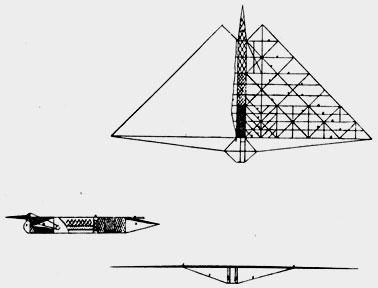The story of the arrival in France (and 150 years of domestic jet)
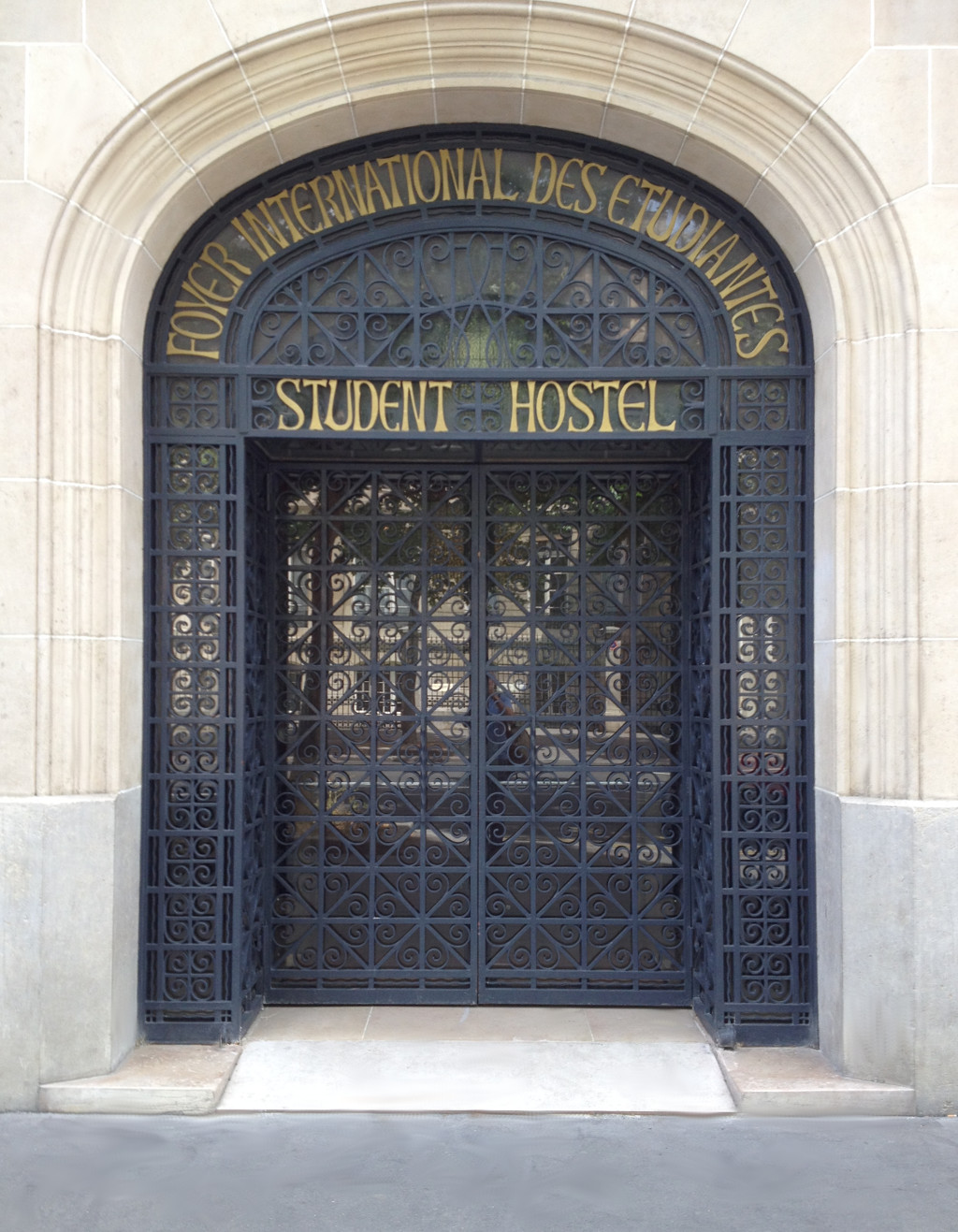
Today, it is 150 years since Nicholas Teleshov obtained a patent for a jet plane with an air-jet engine (October 19, 1867). And here is France? But it was in France - he was granted a patent, unfortunately in the Russian Academy of that time - they recognized the invention as a fantasy ... The inventor himself called the plane “the aeronautics system”, and the jet engine - “thermal dukhomet”.
Aircraft design N. A. Teleshova.
After 10 years, the Frenchman Charles Alphons Penot - developed a draft amphibious aircraft. He conducted experiments with models of aircraft heavier than air, and began to use as a "energy" for models - a swirling rubber band. Peno also became the prototype of the hero of Jules Verne’s novel, Robur the Conqueror ( and Jules Verne himself was an active participant in the society of supporters of “devices heavier than air” - there was that ).
Albatross - flying apparatus of Robur the Conqueror 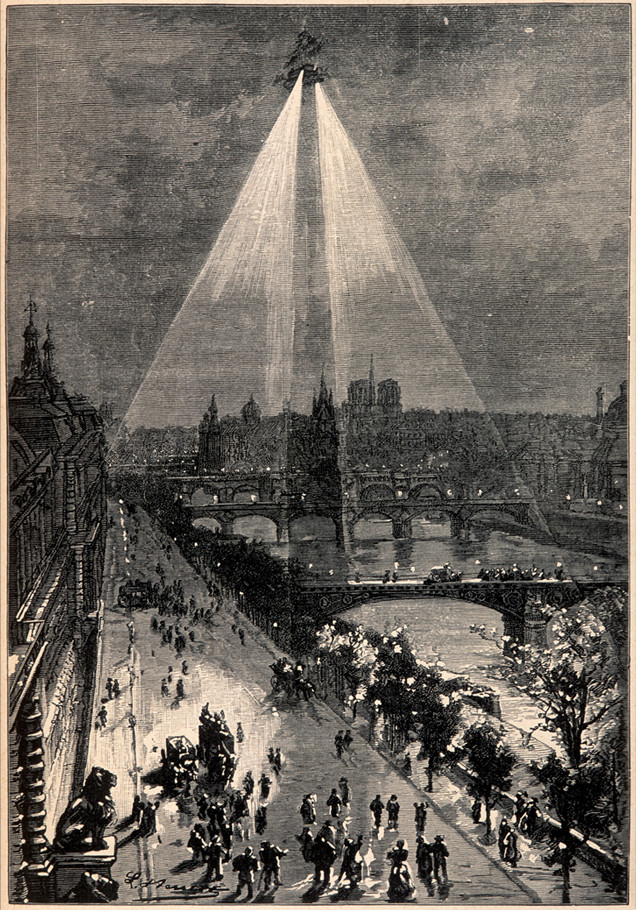

If you look at the contribution of scientists and inventors, France gave the world such famous people - Blaise Pascal ( experiments with gases and liquids ), Louis Pasteur ( microbiology ), André-Marie Ampère ( author of "cybernetics" ), the Montgolfier brothers ( balloon ), Pierre Simon Laplace ( mathematics, astronomy ), Joseph Louis Lagrange ( mathematics, astronomy ), Louis Dager ( photo ), Sadi Carnot ( Carnot cycle ), Lumiere brothers ( cinema ), Camille Flammarion ( astronomer, unknown researcher, popularizer of science ) and others.
In my opinion, it is good when education is free - and you can choose a country where to continue your studies. So that later (if you wish), returning - to make something new in your country. And when choosing a country to study - France will be a good enough candidate with a rich history.
But how to get there a modern student / student? That's about it and will be the story (about the filing of documents, admission, the education system of France), which was kindly shared for the blog of our hackspace Katerina ( Paris University of Pierre and Marie Curie ):
I was “prepared” for a long time to enter a foreign university, having laid the idea at the very beginning of studying French.
The language was taught at school from the fifth grade, but after a couple of years it became clear that the education there was at a level slightly above average (and this was not surprising - most of the guys in my class did not need the third language from the word “absolutely”. )
As for me, a perfectionist by nature, it was decided to send me to a language course at the French consulate in Moscow, which at that time was located on Taganka. The lessons there helped me not only to bring up French to a good level, but also to get acquainted with a lot of people who reasonably talk about entering a foreign university - until that moment, moving to another country seemed to me to be something of a fantasy. Actually, it was then that the gathering of information began on the subject of everything that was connected with the receipt.
Surely this has already been written, but for those uninformed in this matter - in France, higher education institutions can be divided into Universities and Higher Schools. Of the obvious features are the following:
High schools:
⁃ considered more prestigious, i.e. A diploma from the School is valued higher than from the University
⁃ Paid training
⁃ Introductory competition (written and oral parts)
Universities:
⁃ More numerous
⁃ There is no entry contest, i.e. anyone can submit documents there.
⁃ They are considered to have a lower level of education.
⁃ Free, i.e. a single fee is paid at the beginning of the year (specific example of my university: 404 euros for the first year, including medical insurance and library tax)

After the comparison, it was decided to choose a place among state universities - at that time it was not yet known whether I had enough spirit to complete the full cycle of study, and I was still undecided on a specific specialty. I must immediately say about the enrollment procedure: Campus France , the agency dedicated to helping foreign students in French universities, helped me to carry it out. Answers to all, without exception, questions confused entrant or his parent can be found on their website, in Russian or English of his version. Honestly, I don’t know if it is possible to apply for higher education directly, but the website writes in capital letters that this is impossible, and considering the volume of these documents, it was much easier for me to compile a single electronic file on the site than to do a chore paper correspondence with all universities of interest to me. (Spoiler: the paper then had to be sent all the same, but already after enrollment). Yes, with bureaucracy in France, everything is very serious. The dossier I mentioned should have included various documents, such as an official certificate of knowledge of French not lower than Level B2 (in my case it was DELF, but there are also DALF and TCF), extracts of grades 9 and 11, documents about successful graduation and other things. I entered the first course, and therefore I faced another problem - age. At the time of filing, I was 17 (recall that in France, schooling lasts 12 years), and eighteen were performed only in the fall. And this meant that I needed a guardian, even if formally, in the immediate city of my future residence, and the choice was greatly reduced from this. According to the rules of Campus France, the applicant has the right to apply to three different universities in the same specialty. For me, in terms of level, specialty, and location, only the University of Paris, Pierre and Marie Curie, ideally suited me, where I was subsequently assigned. So, the adventures in Russia ended:
⁃ Language exam - passed.
⁃ Documents submitted and accepted.
⁃ The university knows about my existence and is ready to accept me to itself.
And here the most interesting began, namely: correspondence directly with the university, obtaining a visa, housing search and, alas, preparation for the USE. In France, after graduating from school, students take the obligatory specialized BAC exam (An interesting fact: despite the exam profile, be it an economic, literary or scientific, a French citizen has the right to apply to Any University in the country). Actually, that's why my USE was unnecessary and uninteresting to anyone - I received a response from the university in late spring. And physics with mathematics and computer science handed over, as they say, for the soul.
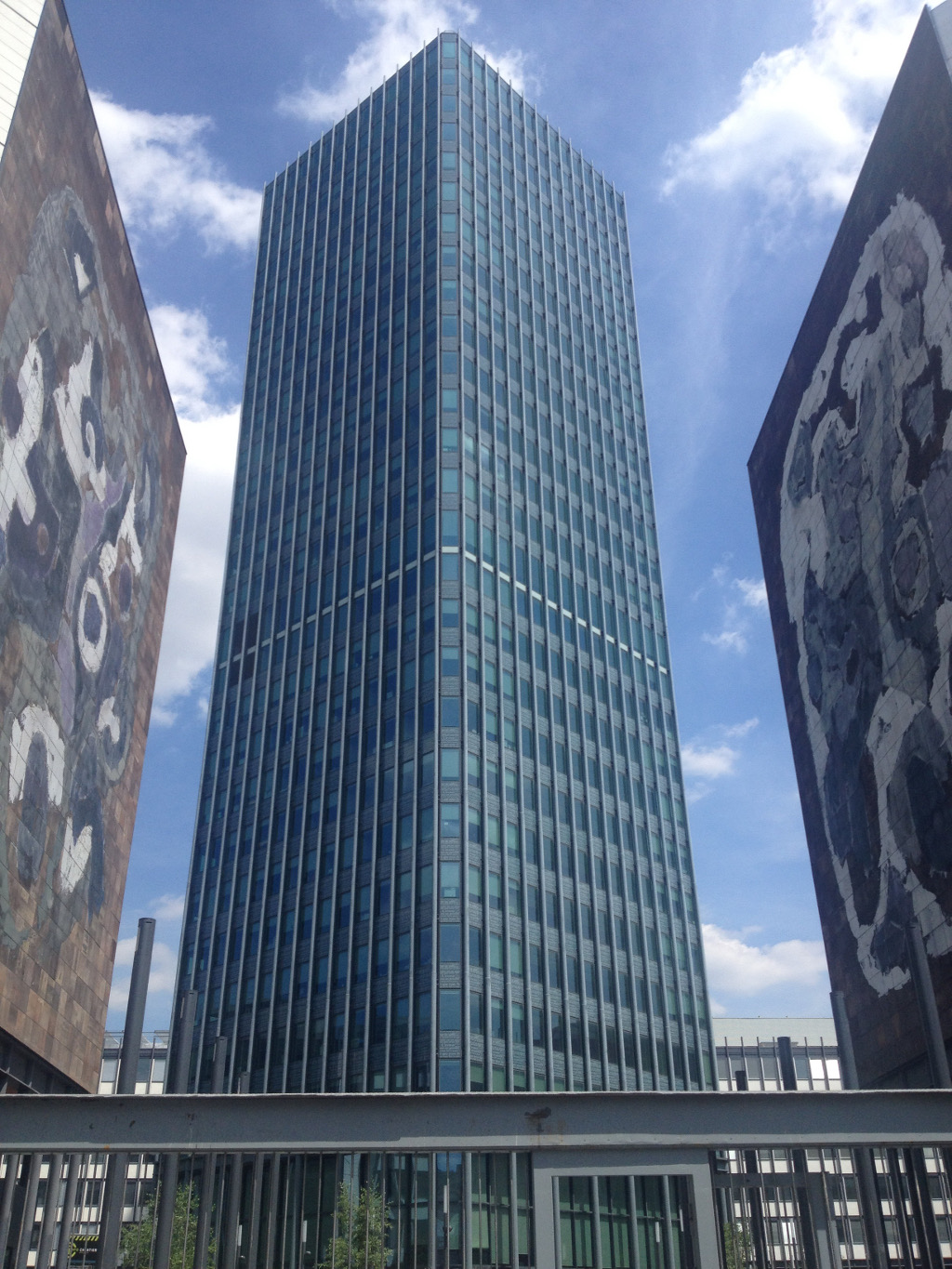
A few words about housing - for students from Russia, the best option, as for me, is a private hostel. In France, there is a special organization, Crous, which helps students in all domestic matters. Crous hostels are very cheap, but only people connected to the European Union can apply for a place in them. In my case, neither I nor my parents had the necessary citizenship and did not live on its territory, so this option fell away. However, I managed to get a place in a beautiful private hostel in the very center of Paris. They submitted an application, waited for an answer, sent the documents - all according to the standard scheme. Private accommodation in Paris is rather expensive compared to hostels and more distant regions; Many of my comrades who came to other cities rented a studio for the same or even less money.
I personally like the system of French universities - they take everyone at the beginning of the year and weed them out mercilessly during the entire period of study. Who wants and can learn - will make it. Nobody will keep violently at a state university. All universities have different programs; in my first year I was considered the year of integration. We, young and inexperienced applicants, could choose one of three areas: PCGI (Physics, Chemistry, Geology, Engineering), BGC (Biology, Geology, Chemistry) and MIPI (Mathematics, Computer Science, Physics, Engineering). The choice immediately fell on the latter, because the native technical sciences were much closer to me than the natural ones. Actually, we were taught to these four subjects, supplemented with this methodology and a separate research project. Because of the adaptation and the need to deal with everyday things (like a bank account and obtaining a residence permit), the first semester was rather nervous, but the material was quite well adapted even for foreign students. Physics, mat. analysis, fundamentals of analog electronics, programming on Python. By the way, the French in school do not have such a subject as computer science, so in this regard, I was a few steps ahead of most of my classmates. But with mathematics, on the contrary - the complex numbers, passed in their 12th grade, I had to train in a hurry to train separately. As a project, I wrote ten pages of reports about “smart” cars and motion sensors in “smart” homes. In the second semester, we were offered to narrow the specialty - it was required to choose one main subject on which attention would be concentrated (besides compulsory mathematics).
Hello, engineering, even more electronics and mechanics. On mathematics - the matrix, the beginning of the vector analysis. For the soul - rock climbing. Separate project on the topic of systems of gyr, the principle of the gyroscope (The subject itself was called Atelier de recherche encadré - “atelier of accompanied research.” It was incredibly boring, but as a bonus we were taken to the Polytechnic Museum several times for free, and we wrote notes while sitting in a spinning centrifuge and feeling in practice non-existent centrifugal forces). In the second year, the choice was again given, this time there were more options. We had to decide whether we wanted to study one subject completely and completely (mono-disciplinaire), whether to have major (major) and additional (mineur) subjects, or
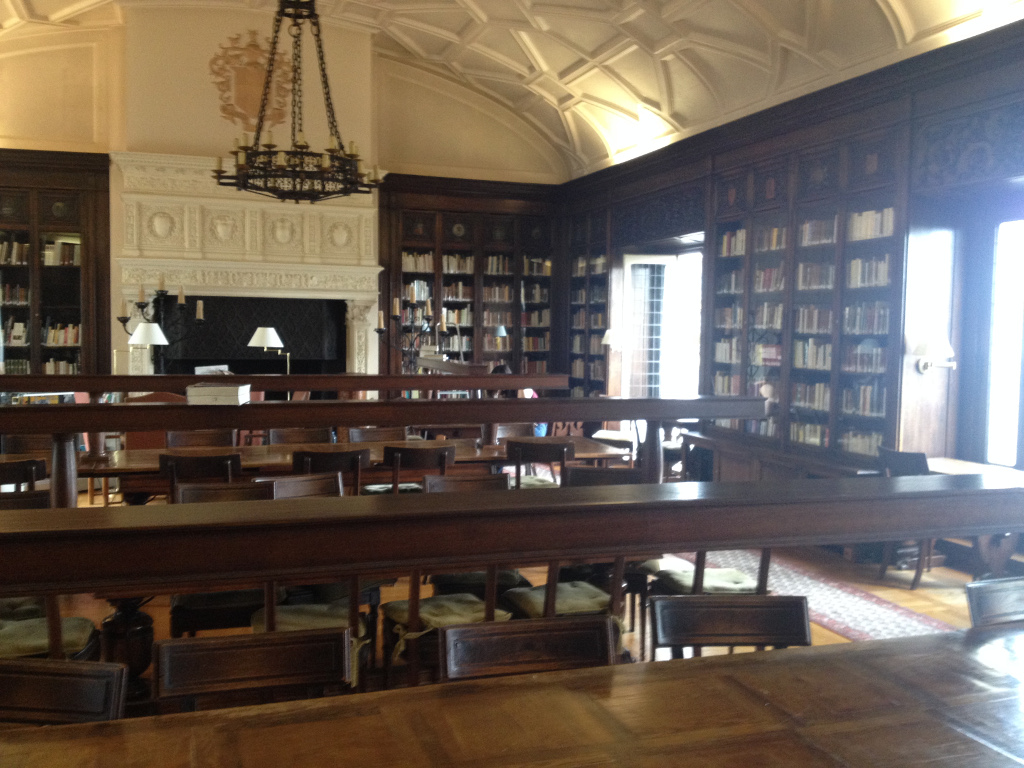
In French universities there are several types of work: lectures in amphitheaters (CM), seminars with individual teachers (TD), and practical exercises like laboratory work (TP). And in my university because of the large number of students and the incredibly difficult timetable, for each type of work you almost guaranteed to get a new teacher. There is no separation by streams in the usual sense of the word. There are items, i.e. training units (UE), and there are people who study them. Therefore, it is not necessary that your neighbor on the desk on electronics will listen to a lecture on programming with you. Of course, in the end, there were always a few guys with me, including my partner in projects who attended the same subjects as me, but I did not have to rely on belonging to a particular group. However, this did not interfere with communication at all, but it allowed me, in complete independence, semester after semester to make their way to the magistracy.
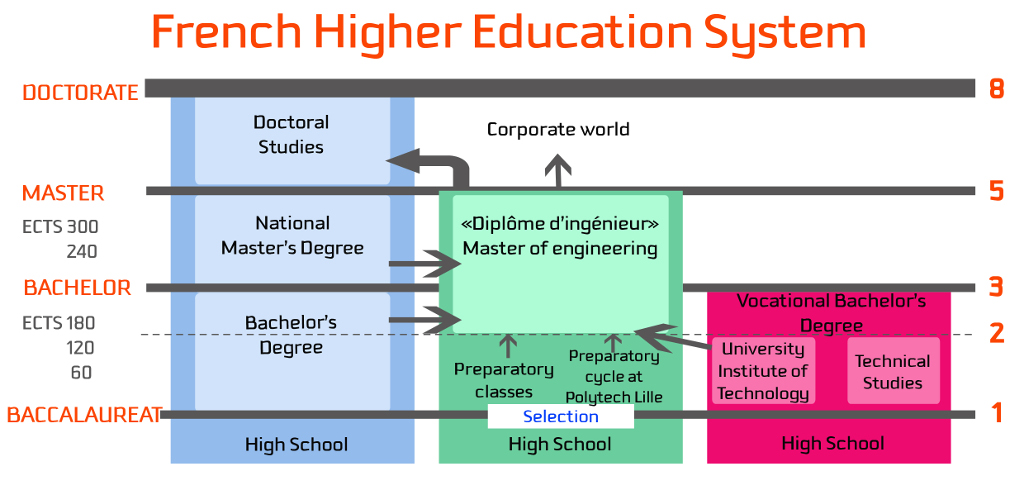
Briefly about the evaluation system: twenty. Less briefly: throughout the semester, you write papers and tests, do laboratory work and solve practical problems. For all this, you get points, which at the end lead to an average score of twenty points. To close a semester, you need to recruit more than half (moyenne), i.e. go over the threshold of ten points. This seems like a fairly simple task, however, before the first exam. And then it remains only
As for the beloved gender issue - no, I was not the only girl in the stream. A lot of talented boys and girls from almost all countries of the world study in my university. Specifically, on my rather technical-oriented course, at least thirty percent of the female representatives and, fortunately, the level of education at the university is quite high in principle, so I have rarely encountered any manifestations of sexism so far.
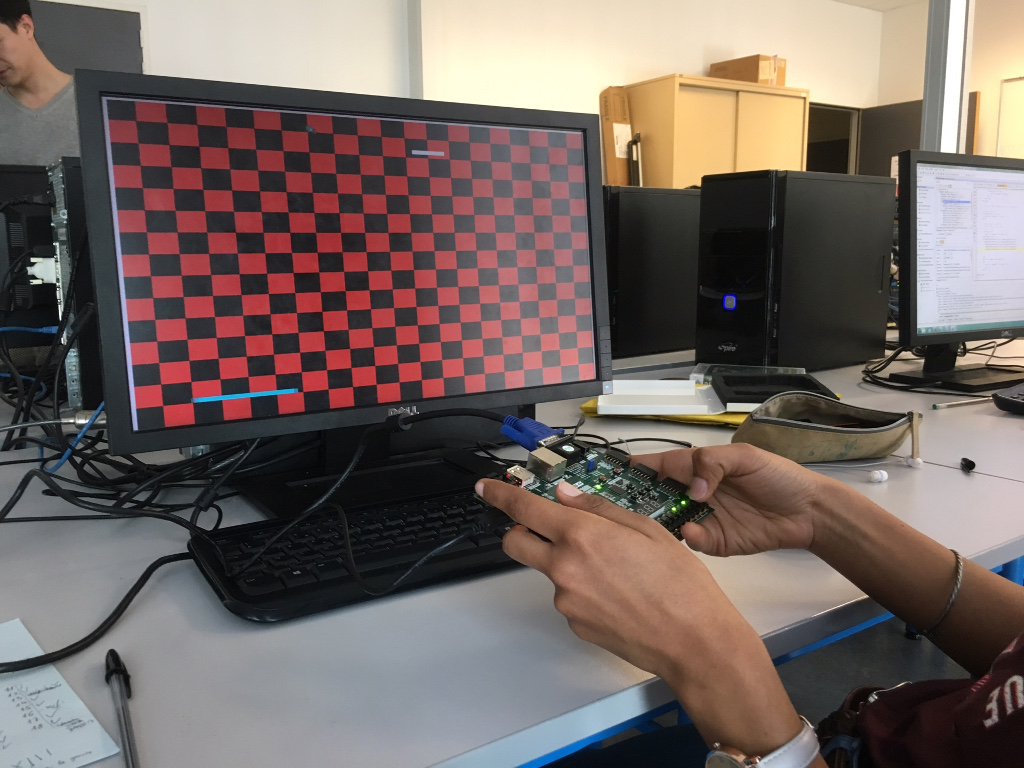
As for the prospects for the future, I fully see the opportunity to do practical work and, subsequently, find a job in France or another European country. In Russia - why not? If you close your eyes to the difference in wages and prejudices about women in the STEM sphere, the knowledge that remained in my brain after graduating from university will be equally applied in practice regardless of geographic location. The very experience of entering one of the best universities in the French Republic taught me that seemingly impossible goals are very feasible given the necessary level of knowledge, perseverance and the necessary amount of naivety, so as not to notice the difficulties hanging over. Of course, I was incredibly lucky to have the support of my parents, both financial and moral.
From the tips at last:
- Collect all the information in advance. If you want to enter the first course - I advise you to prepare from the end of the 10th grade.
- Look for grants. For Russians, there are almost no opportunities to get them for undergraduate studies, but the attempt is not torture.
- Read specialized literature in a foreign language, so you do not have to swim in such terms as "derivative" or "electrical circuits".
- Seek help on all issues in the university, in special organizations, on the Internet. You are not the first or the last foreign student, and people fully understand that you are harder than many.
- You really will be harder than many. Therefore, do not be afraid and do not worry if you do not succeed in reaching the highest level right away.
Good luck to all those who wish to expand their horizons. I hope this article has clarified for you some points about entering a French university.

One more photo 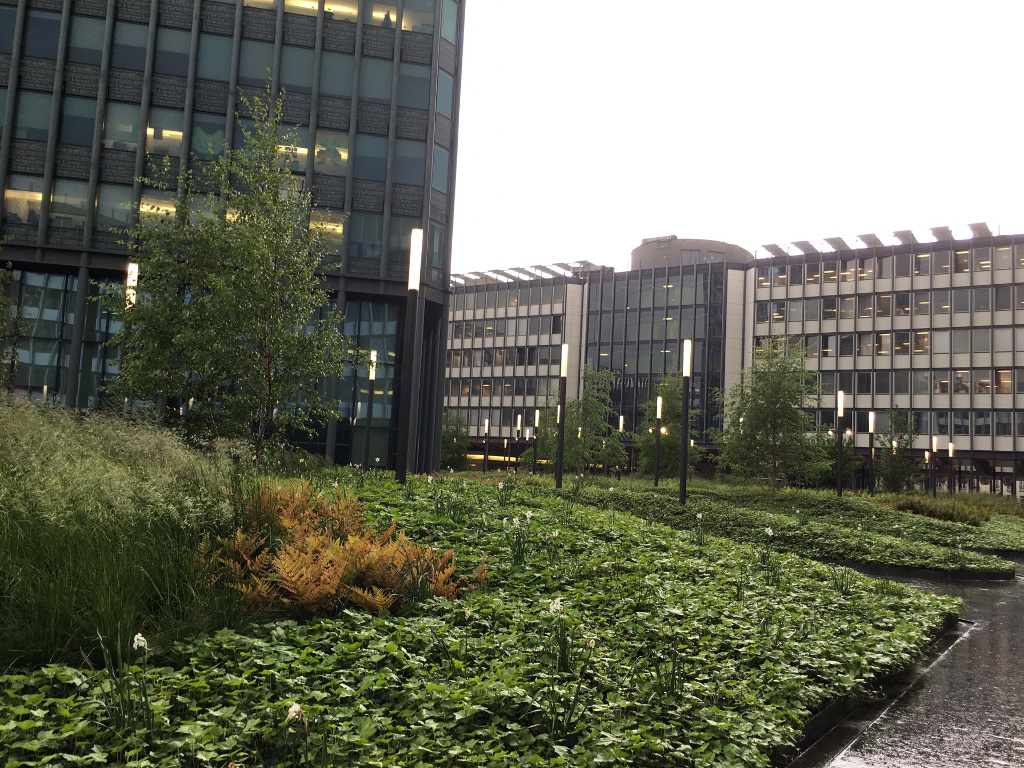
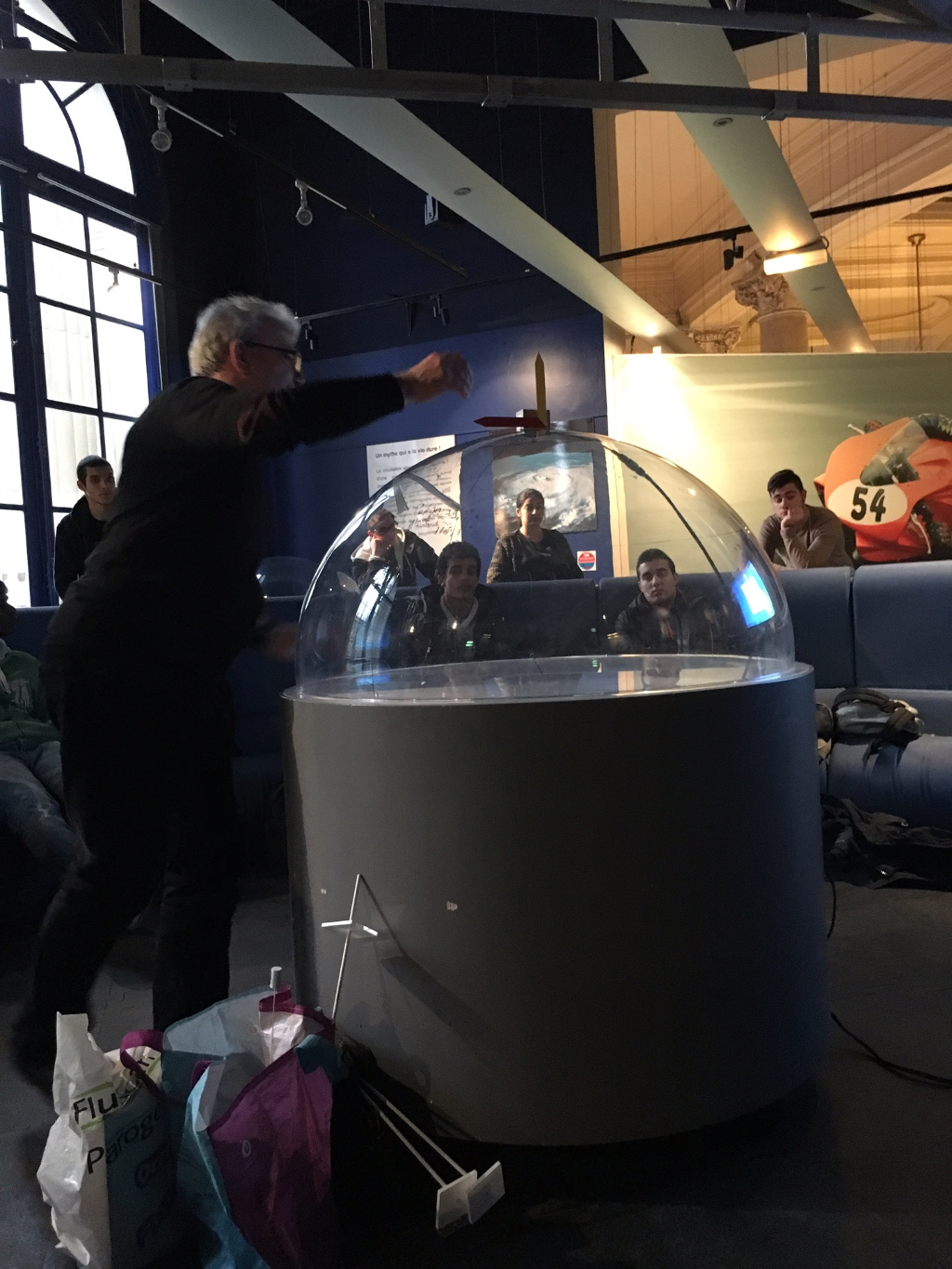
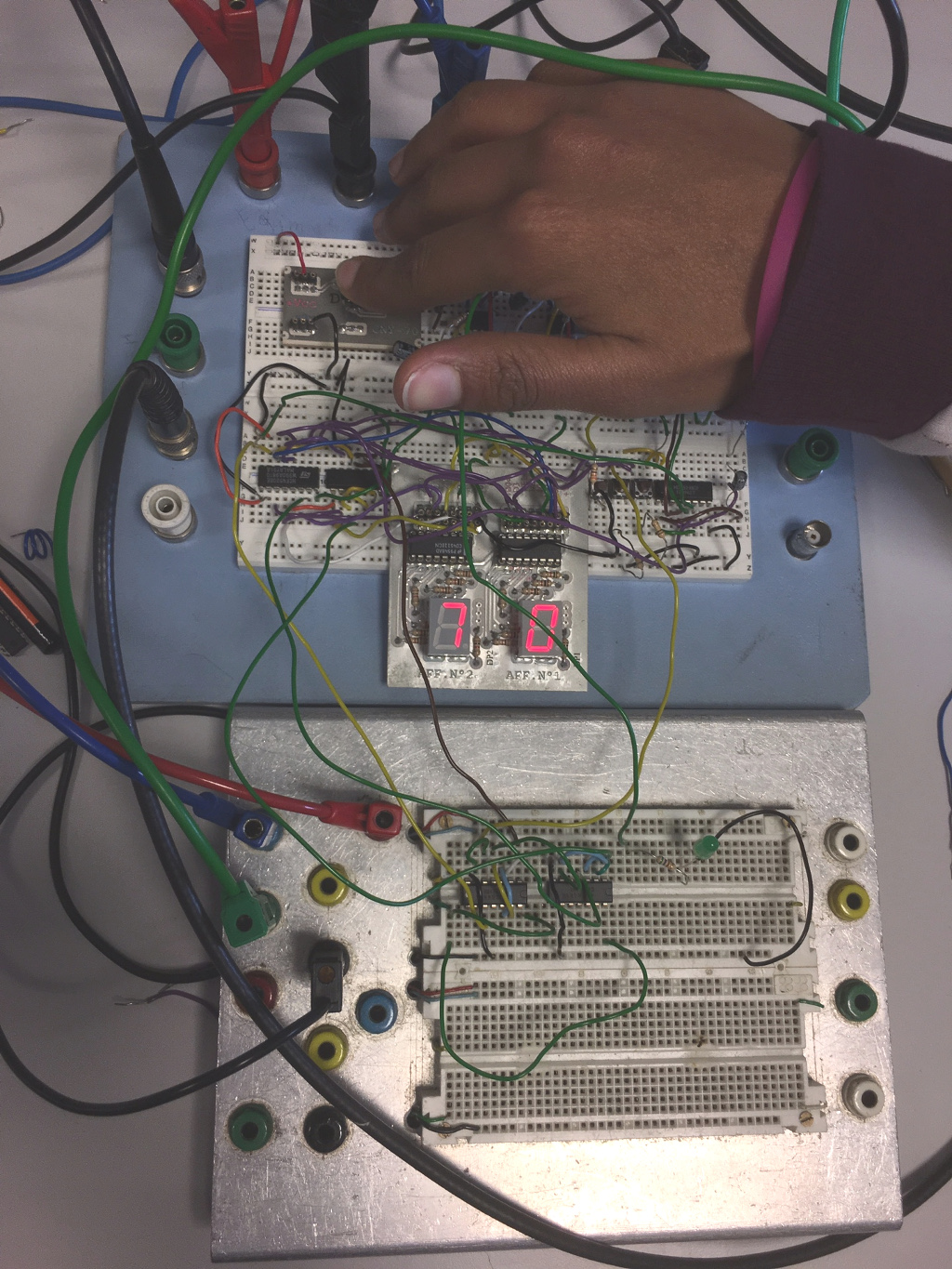





All Articles
